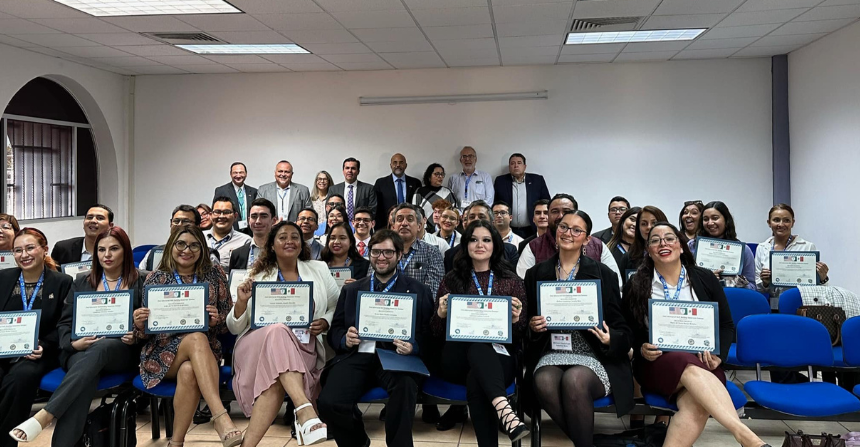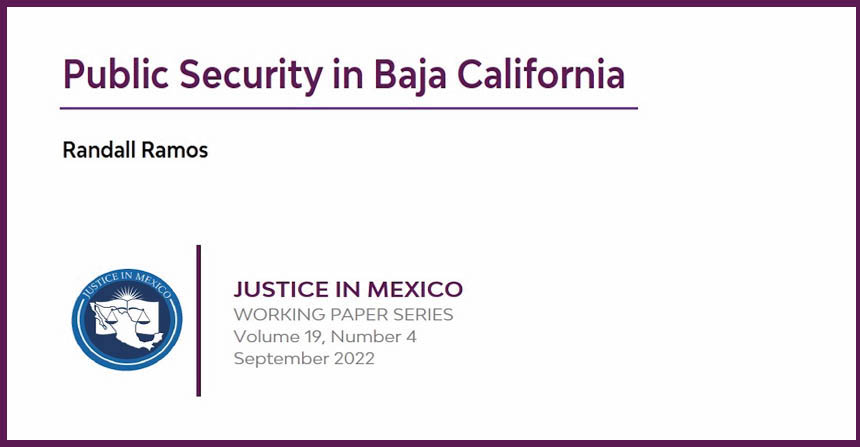
07/03/12 – Enrique Peña Nieto of the Institutional Revolutionary Party (Partido Revolucionario Institucional, PRI) claimed victory in the presidential elections on Sunday, July 1. Mexico’s Federal Electoral Institute (Instituto Federal Electoral, IFE), which is in charge of planning, implementing, and overseeing the elections, reported that Peña Nieto received 38% of the vote, while runner up Andrés Manuel López Obrador (commonly referred to as AMLO) of the Party of the Democratic Revolution (Partido de la Revolución Democrática, PRD) trailed by 6%. National Action Party (Partido Acción Nacional, PAN) candidate Josefina Vázquez Mota dropped out of the race early on Sunday after IFE announced preliminary polling results. In her concession speech, Vázquez Mota acknowledged the democratization efforts her party has spearheaded under PAN presidents Vicente Fox (2000-2006) and Felipe Calderón (2006-2012), who were the first two non-PRI presidents in 70 years. “I want everyone to know that we are indeed winners because we are the party of the family, because there has never been a party that lifted up your voices to create the democracy we now have,” she exclaimed.
While Peña Nieto was widely expected to win the election, despite an opposition movement by youth over the past few months under the title #YoSoy132 who demanded otherwise, the margin of victory is smaller than anticipated, which is perhaps indicative of two points. For one, it shows that López Obrador and the left have made important strides towards cementing themselves as viable contenders for office. It was only six years ago that AMLO narrowly lost to current PAN President Felipe Calderón in the 2006 elections, a vote that was so close the PRD candidate refused to accept the results and protested what he deemed as fraudulent elections. This time around, Vázquez Mota accepted defeat in Sunday’s elections, but López Obrador has again refused to acknowledge the victory, saying, “We cannot accept a fraudulent result, nobody can accept that.” According to the AFP, the PRD candidate pointed to what he believes is the PRI’s strategy to buy constituents’ votes, as well as the heavily influenced pro-PRI media coverage of the campaigns and elections as reasons for Sunday’s “national embarrassment.” It was indeed the manipulation of media in Peña Nieto’s favor that led to the #YoSoy132 movement taking off back in May. Regardless of the post-election controversy, the PRD’s showing could be telling of future success for the left.
Secondly, the closer than expected victory for Peña Nieto is perhaps an indication that Mexicans are more critical in their voting than they were during the PRI’s dominance in the 1900s and not as willing to accept the corruption and hard-handed rule that has been associated with the party. As the Los Angeles Times reports, “Peña Nieto will be handcuffed to some degree by the wariness with which voters viewed handing power back to his party, whose 70-year rule was characterized by rampant corruption and authoritarian practices. Despite his victory, 3 in 5 voters cast ballots for other parties.” Such voting results could arguably be seen as steps towards further democratization as constituents were not blindly pulled into believing a return to the “old guard” would equate to a stronger, safer, and more transparent Mexico, nor were their votes all “bought,” as López Obrador has claimed. Instead, voters exercised their right to choose, and 60% cast their ballots elsewhere. As Reforma journalist Jesús Silva-Herzog Marquez was quoted in the Los Angeles Times, “It would be in the PRI’s interest to read this victory with humility… The PRI is obliged now to show it can govern democratically.” Peña Nieto has already made calls to do just that, saying in his victory speech that he is not the PRI that was, but rather “the PRI that is coming,” and that he takes on the presidency with “excitement, commitment, and great responsibility to fulfill the opportunity that Mexicans have given [him].”
Peña Nieto will not assume office until December of this year, at which point President Calderón will leave his position. Calderón’s presidency has been marred by drug-related violence, with well-accepted figures standing at over 50,000 drug-related homicides during his six-year term. Nevertheless, his administration has captured or killed 23 of 37 of Mexico’s most wanted drug-traffickers and king pins under his watch. Still, Calderón recently acknowledged that his family is planning to leave Mexico after his term expires in December because it will be too dangerous for them to stay, referring to them being the likely target of retaliation from cartels and street gangs who have been at the receiving end of Calderón’s militarized public security strategy for the past six years. Despite what many have called a “failed strategy,” Calderón’s approval rating among the public has hovered around 50% for some time, though, according to El Economísta, two-thirds of Mexicans still believe their country is headed in the wrong direction under his leadership. For his part, Peña Nieto has said his approach to public safety and combatting such high levels of drug-related violence will be to shift the focus off capturing or killing kingpins, and instead target “certain kinds of crime, mainly kidnapping, homicide, and extortion.” He also plans to continue deploying the military to particularly violent states that are in need of extra support and security.
Sources:
Redacción. “Ejerceré una Presidencia democrática: Peña Nieto.” El Universal. July 1, 2012.
“Candidata Josefina Vázquez Mota reconoce que resultados ne le favorecen.” Telesur. July 1, 2012.
“Leftist candidate rejects Mexico results as ‘fraudulent.'” AFP. July 2, 2012.
Hernández, J. Jaime. “Peña Nieto defiende su victoria.” El Universal. July 3, 2012.




